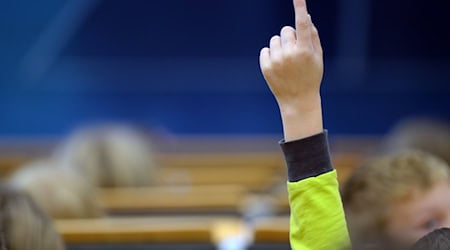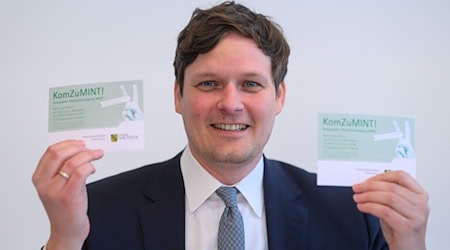In Saxony, children's attendance at grammar school is particularly dependent on their parents' income and level of education. According to a study by the Ifo Institute, the inequality of educational opportunities is very pronounced throughout Germany. Although there are differences between the federal states, no federal state offers anywhere near the same opportunities for all children, write the authors from the Leibniz Institute for Economic Research at the University of Munich. Factors such as migration background or the economic situation of a federal state play no role, nor is there a systematic east-west difference in equal opportunities.
According to the study, the probability of a child with two parents without a high school diploma and a monthly household income of less than 5,000 euros net attending grammar school is 26.8 percent in Bavaria. In contrast, the probability for pupils with a so-called higher background is 66.9 percent - the highest proportion in Germany, according to the study published on Monday. In this case, at least one parent has A-levels or the household income is in the top quarter. According to the study, 26.7 percent of children from a lower background attend a grammar school in Germany, compared to 59.8 percent from a higher background.
In terms of the so-called opportunity gap, i.e. the absolute difference between the groups of children, the inequality in Saxony is the greatest in Germany at 40.1 percentage points. This puts the Free State in last place in the state comparison, ahead of Saxony-Anhalt (38.1) and Hesse (36.5). The experts saw the smallest difference in Mecklenburg-Western Pomerania (26.4 percentage points). The figure is also below 30 in Rhineland-Palatinate (28.4) and Saarland (29.3).
"Fortunately, the great extent of inequality in educational opportunities is not irrefutable. Political measures could provide targeted support for children from disadvantaged backgrounds, ideally from an early age," said Florian Schoner, co-author of the study, according to the press release. Important starting points include targeted support for parents and schools in challenging situations, data-based language support and mentoring programs. Finally, a later school division could also make a difference to the unequal distribution of opportunities.
Copyright 2024, dpa (www.dpa.de). All rights reserved










